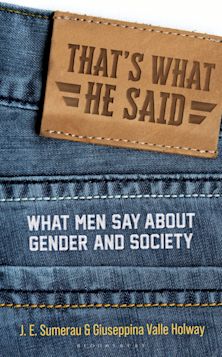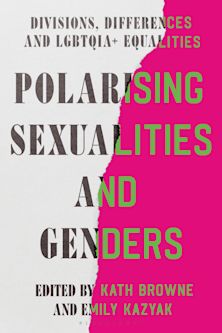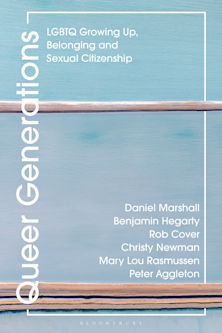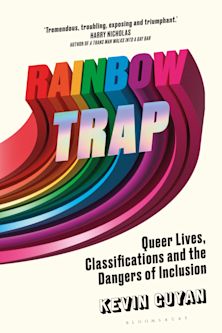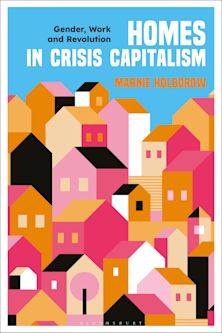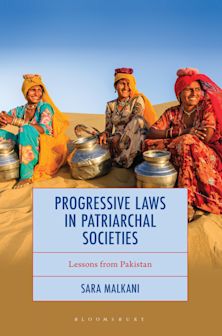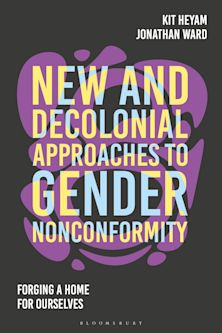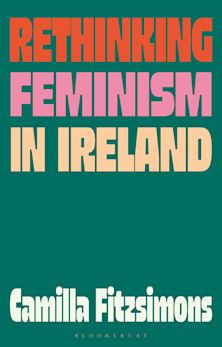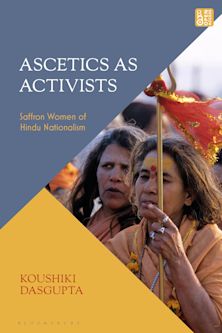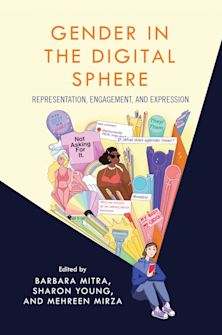Thinking Cis
Cisgender, Heterosexual Men, and Queer Women's Roles in Anti-Trans Violence
Thinking Cis
Cisgender, Heterosexual Men, and Queer Women's Roles in Anti-Trans Violence
Description
The fear many women have for their physical safety when out in public is often heightened for trans women of color. Scholars have long examined what it means to be transgender in a cisgender society, how transgender people experience everyday life and violence, and how transgender people make sense of and cope with that violence. However, to understand what causes anti-trans violence, it is necessary to turn to those most likely to perpetrate it: cisgender people.
Through extensive interviews and focus groups with cisgender-heterosexual men and cisgender-lesbian, bisexual, and queer women, Thinking Cis examines how cisgender people make sense of gender, attractions to transgender women, and the murders of Black trans women. It also analyzes how the social construction of cisness shapes how we think about race, gender, sexuality and who we consider worthy of living. alithia zamantakis pushes readers to rethink prominent understandings of anti-trans violence and in doing so, argues that it is not simply transphobia that gives rise to murders of trans women but a fear and hatred for what it means to love and desire transgender women.
Table of Contents
Introduction
Chapter 1. “A Natural Woman”: How Cissexism, Classism, and White Supremacy Permeate the Desire for a “Natural” Look in a Woman
Chapter 2. “That's a Guy”: Cissexism and Anti-Blackness in the Viewing of Trans Women's Photos
Chapter 3. Cisgender Women Thinking Cis
Chapter 4. “They Don't Kill Us Because They Hate Us. They Kill Us Because They Hate What It Means To Love Us”: Desire And Symbolic Violence
Chapter 5. “That Shit Would Make Me Mad As Hell, and I Might Just Kill You”: Cis-Het Men & Cis-Lesbian, Bisexual, & Queer (LBQ) Women's Discourse Regarding The Murders Of Black Trans Women
Conclusion: What to Do About Cis-ness?
Appendix 1. Methods and Methodologies
Appendix 2. Participant Demographics
Appendix 3. Additional Participant Demographics and Focus Group Participant Demographics
References
Product details
| Published | 13 Nov 2023 |
|---|---|
| Format | Ebook (PDF) |
| Edition | 1st |
| Extent | 1 |
| ISBN | 9798216292760 |
| Imprint | Rowman & Littlefield |
| Illustrations | 26 b/w photos; 18 tables |
| Publisher | Bloomsbury Publishing |
Reviews

ONLINE RESOURCES
Bloomsbury Collections
This book is available on Bloomsbury Collections where your library has access.












